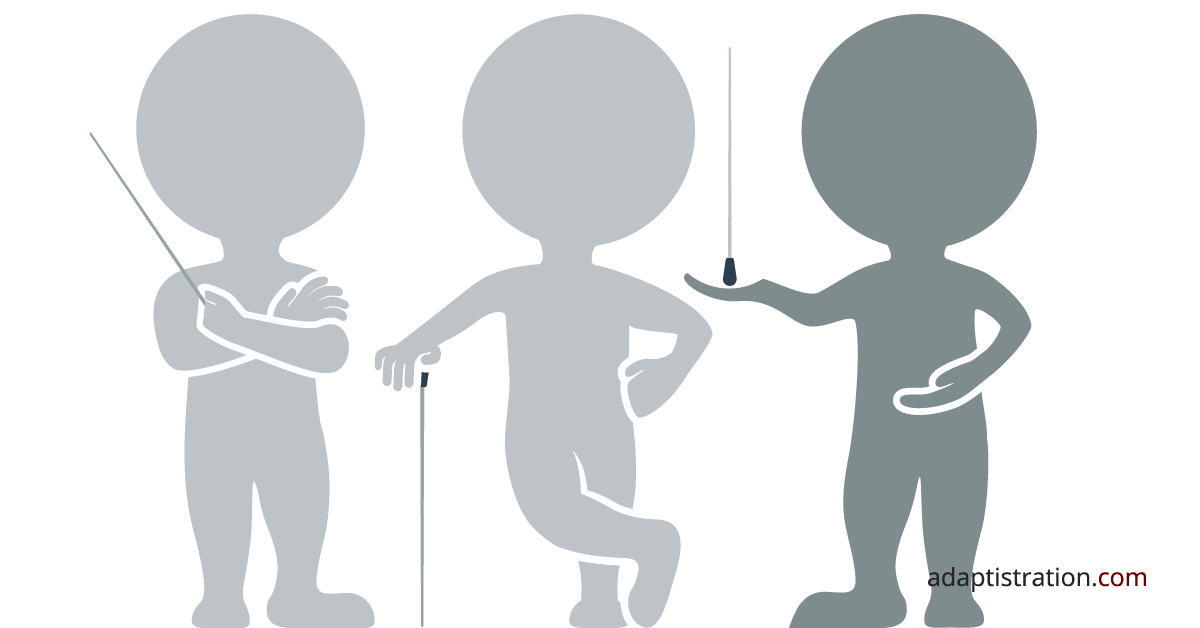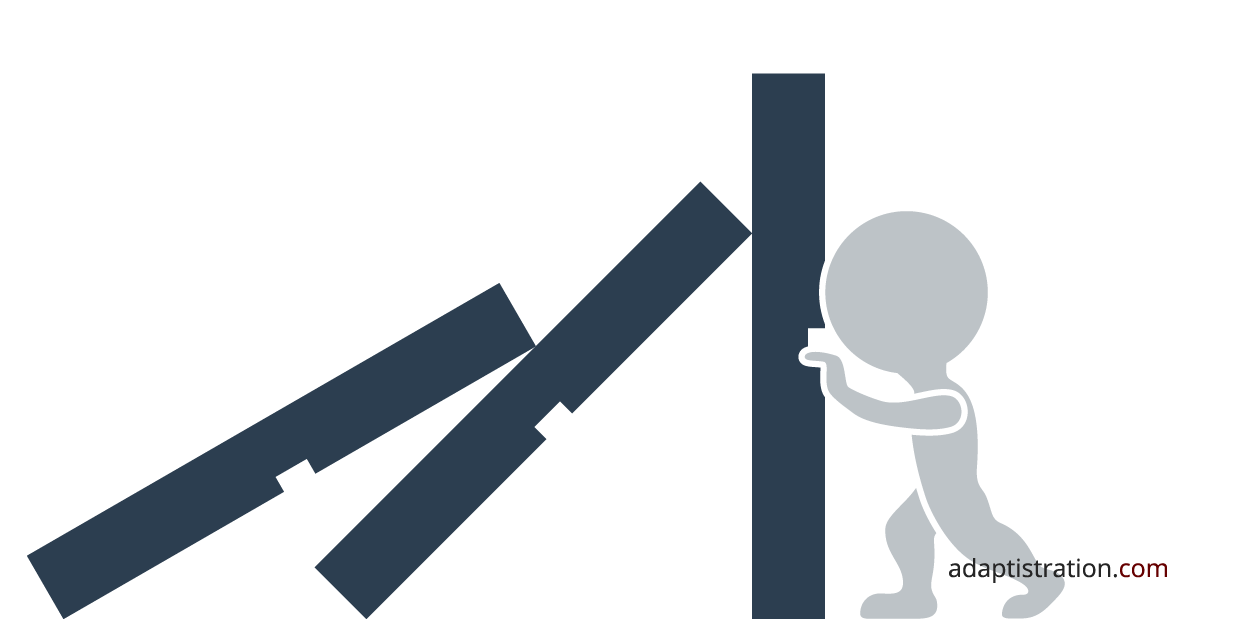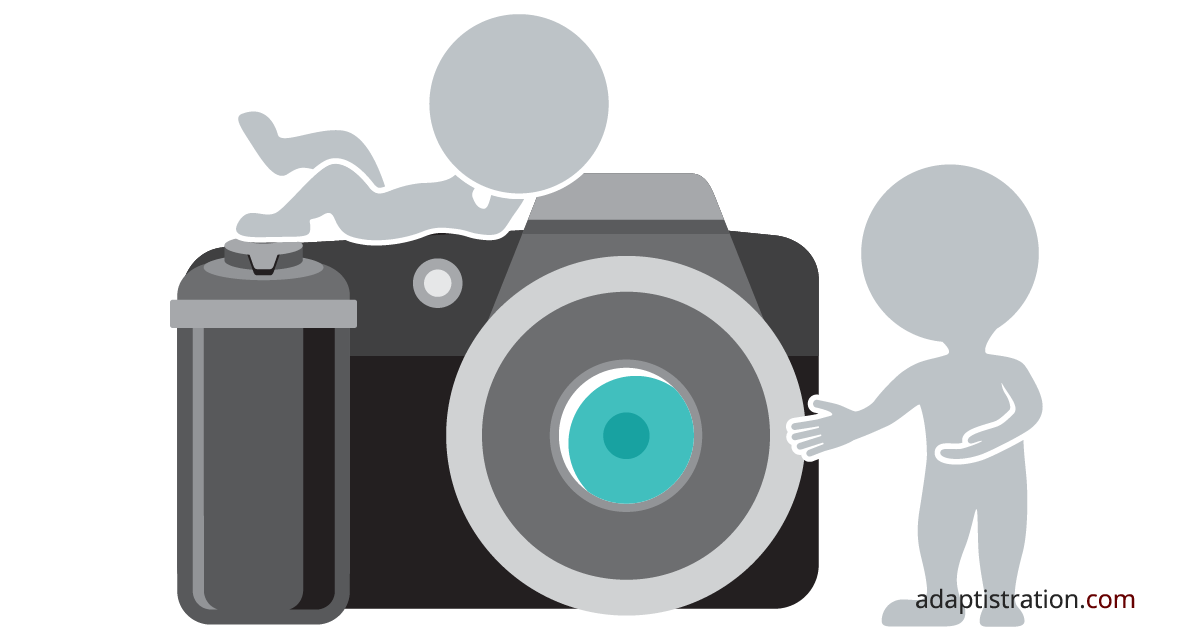Back in the saddle and one of the first things I wanted to jump into is a report by EY Consulting about the cultural and creative economy in the European Union (EU) before and after COVID-19 (h/t Rainer Glaap).
This is one of the first reports I’ve seen that focuses on concrete before/after impact on the broader cultural sector. Here’s how the authors describe the report:
What was their economic situation before the COVID-19 crisis? What impact has the crisis had on activity and employment? And what are the main priorities for the sector to protect itself from the most serious consequences, to recover growth and enhance its value in the European economy? This study follows a report of the same type, entitled Creating Growth, published in December 2014.
Here are some of the key takeaways:
- In 2020, the [EU] cultural and creative economy lost approximately 31% of its revenues.
- Total performing arts revenues may fall by 90% and music revenues by 76% due to massive restrictions on concerts, plays and performances for most of 2020.
- 1 out of 8 museums may never reopen.
- The challenge for the coming months is to restore confidence: 46% of respondents said they would be uncomfortable going to a concert for several months, and 21% said they would be uncomfortable going for several years.
While there will always be differences between EU and US cultural sector, that doesn’t mean they are devoid of similarities. To that end, the report includes a number of recommendations to meet the challenges of rebuilding head on. The first one out of the gate is the need for massive public funding and increased private support in the cultural and creative businesses and nonprofit orgs. They go one step more by including cultural and creative entrepreneurs and creators alongside those larger institutions.
The second recommendation is where things get interesting. In addition to the obvious need for funding, they underscore the importance of ensuring a solid legal framework. To better define that, they include the following examples:
- Provide fair remuneration and sustainable conditions for creators and their business partners.
- Ensure a rapid and effective implementation of the recently adopted directives on copyright and related rights in order to enable creators and the wider rights holder community.
- Promote cultural entrepreneurship for future generations by incentivizing mandatory courses on cultural entrepreneurship, sustainable management, legal training and European programs in arts schools.
- Incentivize partnerships between engineering schools and art schools to foster tech and cultural entrepreneurship.
Be sure to download the entire report. In addition to being a useful data resource, it’s has the added benefit of being wonderfully designed. It’s a genuine pleasure to look at.


